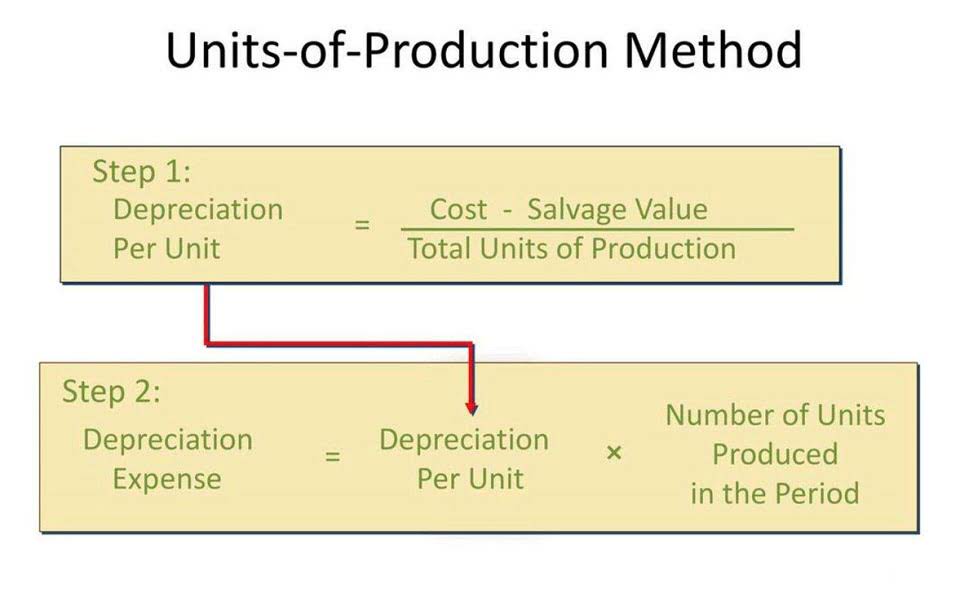
Commercial lending skills, such as those taught by the CBCA program, can help analysts evaluate a company’s creditworthiness and cash-flow-generation ability to pay back principal and interest. The evaluation maximizes the likelihood of a profitable arrangement between creditors and borrowers. Financial accounting is the compass that guides decision-makers through the financial landscape. It can be a treasure trove of insights that benefit various internal and external parties. The International Accounting Standards Board (IASB) is responsible for global standards known as the International Financial Reporting Standards (IFRS), sometimes called International GAAP.
- Aside from handling taxes and compliance issues, they can help you optimize budgets, spot opportunities to save, and even apply for business loans.
- In our example, when a manufacturer sells its goods, the revenue generated from the sale and the collection of applicable taxes are recorded.
- SuperMoney strives to provide a wide array of offers for our users, but our offers do not represent all financial services companies or products.
- Classification ensures that each transaction finds its rightful place in the financial landscape.
- The numeric subtotals and totals on these statements are used to calculate standard financial measures and ratios used to evaluate the organization’s performance.
- Work opportunities for a financial accountant can be found in both the public and private sectors.
Three components of financial statements
For example, a company could cut costs in one area and put more money into others, such as sales and marketing, that could potentially fuel expansion. The income statement is important for a wide range of parties, including investors and people responsible for running a company (its executives and managers). Revenue is the amount of money the company brought in during the reporting period. With revenue, it may be important to note any trends to determine whether the company is making more money over time or if sales are slowing down.

Principles of Financial Accounting
- Upgrading to a paid membership gives you access to our extensive collection of plug-and-play Templates designed to power your performance—as well as CFI’s full course catalog and accredited Certification Programs.
- Financial accounting is dictated by five general, overarching principles that guide companies in how to prepare their financial statements.
- Unique versions can be created for any number of individual students or groups.
- Financial accounting is required to follow the accrual basis of accounting (as opposed to the “cash basis” of accounting).
- In the case of equity, this shows the owner’s overall investment in the company.
For example, an increasing amount of sales from year to year might be attractive for a potential investor and can be found in the first line of an income statement. Conversely, if costs are rising this can also be seen on the income statement and may lead an investor to ask more questions about the long-term profitability of the company. https://www.bookstime.com/ Income statements can help answer this question, along with providing some excellent insight into why, exactly, a company is experiencing its current financial performance. “The income statement should be used by anyone trying to understand the business conducted as well as the profitability of a company,” says Badolato.
- Accountants responsible for managerial accounting are usually focused on short-term growth strategies relating to economic maintenance.
- Accounting software allows you to do basic tasks such as tracking inventory, invoicing and payments, and generating reports on sales and expenses.
- Financial accounting is like a GPS that guides users through the land of finance.
- Securities regulators draw on this standard to establish order and fair competition.
- Investors considering a company value the statement of retained earnings because it provides insights into the mindset and motivations of the business’s management team.
- Earnings per share is a measure that compares a company’s net income compared to the outstanding shares.
- Financial accounting ensures that management is answerable for their financial actions and results.
What Are Generally Accepted Accounting Principles (GAAP)?
Accounting Explained With Brief History and Modern Job Requirements – Investopedia
Accounting Explained With Brief History and Modern Job Requirements.
Posted: Mon, 27 Mar 2017 02:53:01 GMT [source]
It limits the depth arising from correctly matching transactions that impact the business similarly. More importantly, if a transaction does not involve cash, this method does not include it. We cannot coordinate all economic transactions with the financial accounting cash basis of accounting. Every time a business engages in a financial activity, like a sale, purchase, or expense, it must be recorded. These transactions are the building blocks of financial accounting, much like the notes that musicians play.
- The concepts and principles that provide the foundation for financial accounting are then discussed.
- Another example of the accrual method of accounting are expenses that have not yet been paid.
- Companies engage in financial accounting for a number of important reasons.
- Most business owners opt for small-business accounting software to help automate the process and reduce the likelihood of error.
- Financial accounting and financial reporting are often used as synonyms.
- Although the press doesn’t use financial information for its decision bases, it does report on the financial information of companies.
Statement of Cash Flows
Members of financial accounting can carry several different professional designations. Companies engage in financial accounting for a number of important reasons. Next, use AnnualCreditReport.com to download a free copy of your credit report. Set a calendar alert to check on your credit report quarterly so you can catch mistakes or dispute errors quickly before they damage your credit.
Financial accounting is concerned specifically with the generation of these reports, that they are based on accurate information and follow Generally Accepted Accounting Principles (otherwise known as GAAP). Liability, revenue, and equity accounts have normal credit balances (i.e., crediting these types of accounts increases them). In parallel with managerial accounting, a management’s detailed view of business operations are summarized and communicated to stakeholders’ to serve their variety of needs.
What Are the Principles of Financial Accounting?
Accrual accounting relies on the accrual principle and matching principle. We simply want to recognize when economic events occur and match them up best. The accrual basis of accounting coordinates financial transactions to show the business’s rhythm. The name managerial accounting states that its audience is the management of private companies using it to operate the business. To make sense of business transactions, we can organize them into categories, such as revenue, expenses, assets, liabilities, and equity. Classification ensures that each transaction finds its rightful place in the financial landscape.

